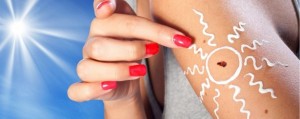 HYANNIS – Summer is winding down, but now’s not the time to take a break from protecting your skin.
HYANNIS – Summer is winding down, but now’s not the time to take a break from protecting your skin.
The incidence of melanoma has been increasing nationwide, says Peter Scott Hopewood, MD, a general surgeon at Falmouth Hospital with a special interest in cancer.
“Half of cancers are caused by behaviors,” Dr. Hopewood says. “Skin cancer is one of the cancers you can prevent by being smart. It’s easier to prevent it than treat it.”
Melanoma, the potentially deadly skin cancer, has increased by 250 percent among U.S. children and young adults since the 1970s, according to recent report.
“This is a national problem that needs to be addressed, and it begins with awareness and effective prevention strategies,” said the senior author of the report from the Buffalo, New York-based Roswell Park Cancer Institute study.
“Prevention is especially important for young people,” says Dr. Hopewood. “Their skin is more susceptible to Ultraviolet radiation and sets them up for future problems.”
Preventive steps are simple, he says:
- Avoid the sun between 10 a.m. and 2 p.m., as much as possible.
- Wear sunblock, especially if you’re out in the mid-day hours. Be sure to choose a “broad spectrum” sunblock that will protect against both Ultraviolet A and Ultraviolet B rays.
- Wear protective hats and eyewear. “It’s important to get kids to wear hats,” Dr. Hopewood says. Hats with wide brims and flaps to protect the ears and neck afford the best protection. Look for sunglasses that are labeled “100% UVA/UVB protection.”
The popularity of tanning beds has caused great concern among those researching and treating skin cancer, says Dr. Hopewood.
“The World Health Organization has labeled tanning beds as carcinogenic,” he says. “They’re right on the list with asbestos and tobacco. If you want a tanned look, use a spray tan. That’s safe.”
For older adults, preventive steps are still a must, as are frequent self-examinations to aid in early detection.
“The baby boomer generation had lots of sun exposure,” Dr. Hopewood says. “They’re entering their 50s and 60s and their skin is showing the effects of that exposure.”
Use the “ABCD” guide to be on the lookout for possible signs of melanoma. “You’re looking for a mole or skin lesion that’s not the normal freckle,” he says.
A is for Asymmetry (unmatched halves)
B is for Border (uneven edges)
C is for Color (uneven color)
D is for Diameter (anything larger than a pencil eraser)
E is for Evolving (a mole that’s doubled in size or changed color is a warning)
Skin protection is vital during the summer but shouldn’t be overlooked the rest of the year, says Dr. Hopewood. He recommends monitoring the Environmental Protection Agency’s UV index. You can find it on many online weather reports or get a free app 7that rates UV exposure as low, medium, high or very high and tells you what to do to protect yourself.
“Beaches, golf courses and marinas should add that info to their information kiosks,” says Dr. Hopewood. “Skin cancers can be prevented, and we should all help each other with that prevention.”
The Roswell Park study did offer some good news: Melanoma survival rates have improved from 80 percent in the 1970s to 95 percent as of 2011.










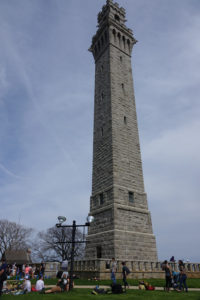

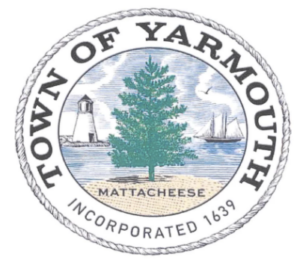
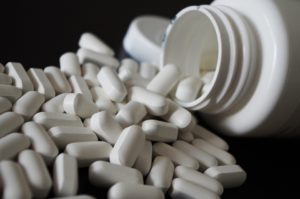

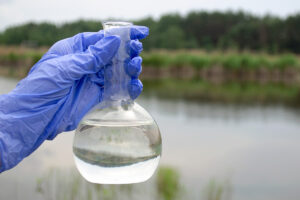
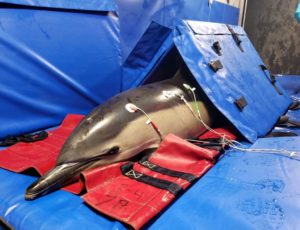








There is only about a month and a half of good enough sun to get your natural vitamin D when you are out in the sun. Balance your sun exposure, enough to be healthy, not so much you do skin damage by wearing a SunFriend, the new sun tracker by SunFriend.
Great advice! Skin cancer is such an important issue and protecting your skin year round is a definite must. Just see all the skiers with sunburn. Plus it’s estimated that up to 80% of UV rays penetrate clouds. All-in-all year round sun protection is a must.
As the Dr. says, when choosing a sunscreen make sure it says “broad spectrum” on the bottle. This means you’ll get UVB and UVA protection. SPF only measures UVB protection but both types of UV rays cause skin damage so it’s important. Our Natural Mineral Sunscreen is an example of a broad spectrum product.